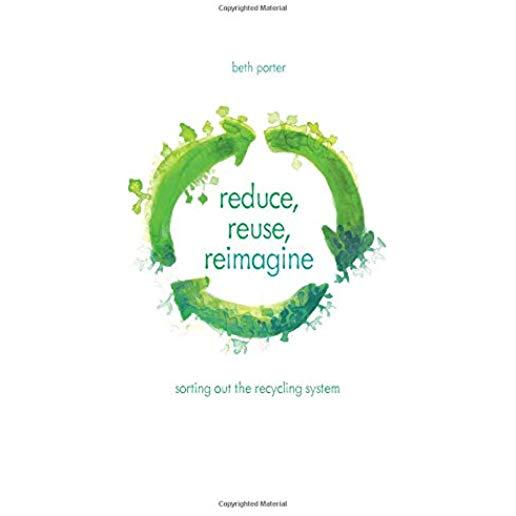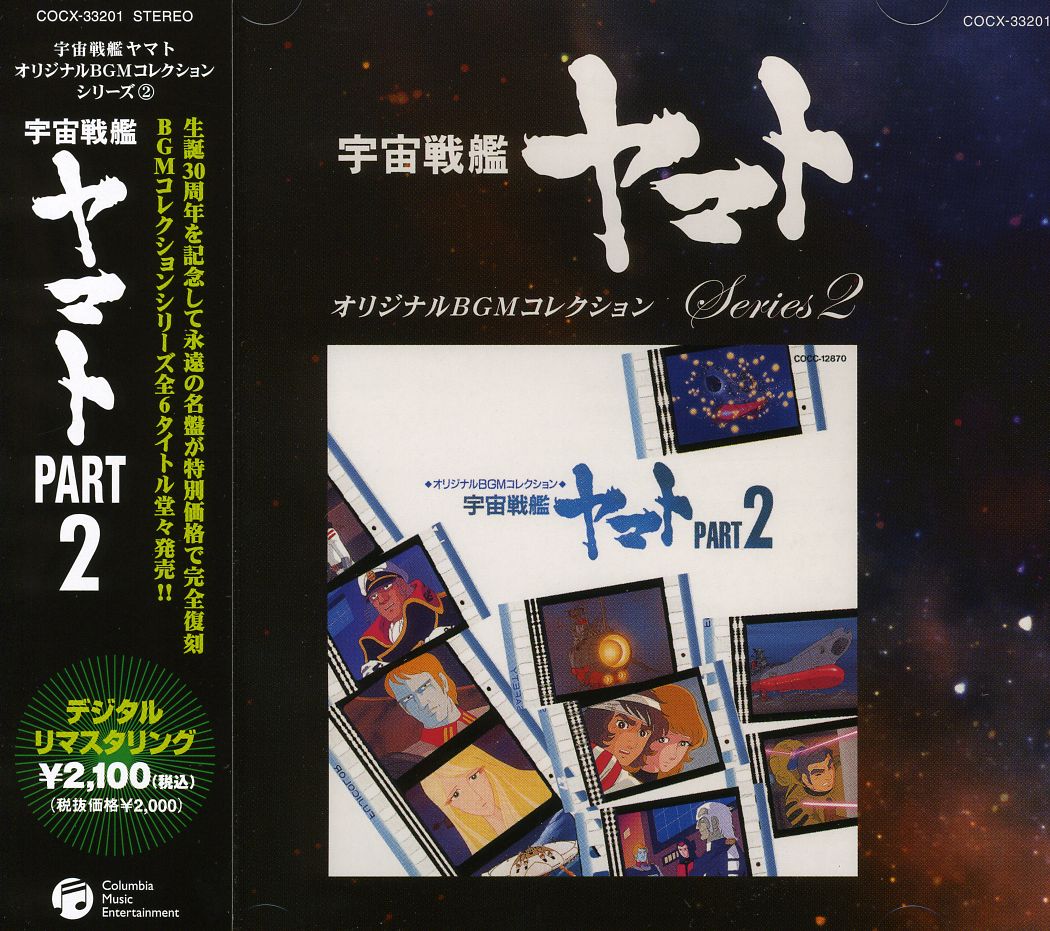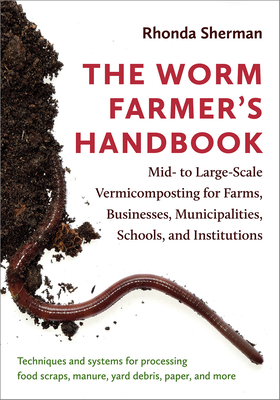
description
9Ecosystems require balance to survive, and when that balance is compromised, disaster can befall the whole system. To keep a balance in our global ecosystem, we need to use resources efficiently, equitably, and sustainably. In both nature and economics, we observe that when a healthy distribution of resources is achieved, systems can not only function but flourish. The United States recycles roughly 34% of its waste and has been stuck at this level for decades. Recycling brings a balance to our system by managing resources in a loop. When done well, it benefits communities and the environment. Individuals are a key part of connecting this loop because we provide a supply of materials and a demand for new recycled products. But many of us don't know what happens after those items leave our homes. We're confused by inconsistent rules of what we can and can't recycle. Our confusion has huge consequences and is a reason why our recycling is stuck. Throughout Reduce, Reuse, Reimagine, Beth Porter provides answers to clear up that confusion, and shares great resources about recycling, explaining the complexity, guiding individual action, and contextualizing its history. This book reveals how we arrived at this state of dysfunction, and what steps we need to employ to be an active participant in strengthening our recycling system. Nature knows how to recycle itself, decomposing waste back into the soil to continue the circle of growth. We should follow its lead.
member goods
No member items were found under this heading.
listens & views

UCHUSENKAN YAMATO PT. 2 / ...
by UCHUSENKAN YAMATO PT. 2 / O.S.T. (JPN)
COMPACT DISCout of stock
$16.99
Return Policy
All sales are final
Shipping
No special shipping considerations available.
Shipping fees determined at checkout.






